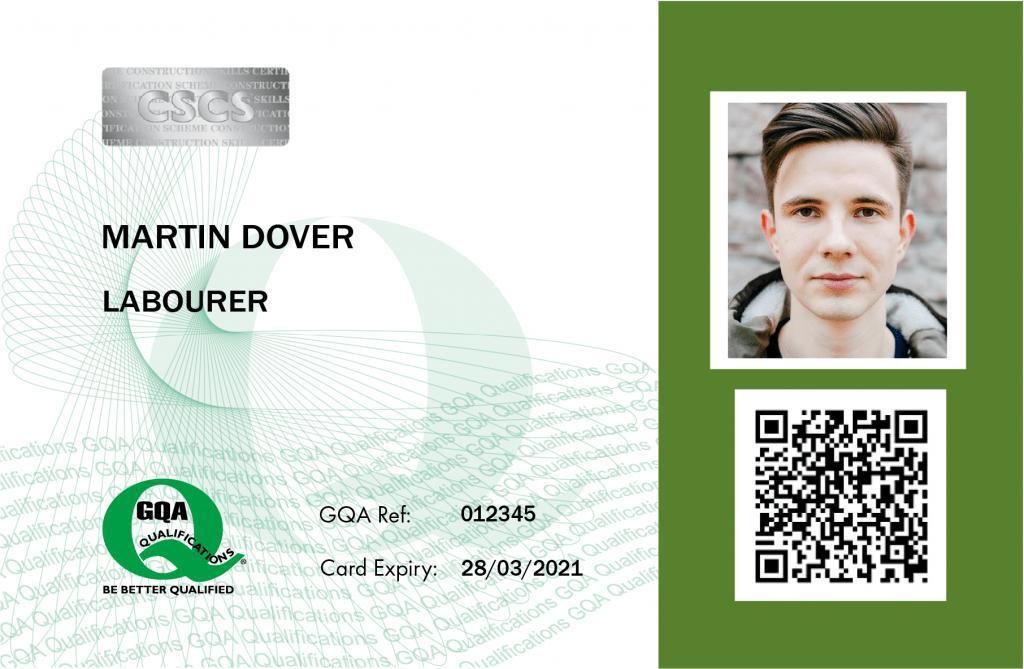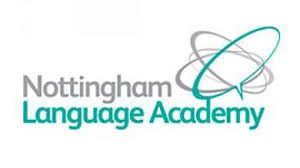
Driving Innovation, Utilizing Performance Indicators, and Achieving Institutional Quality
Course ID: 2507147101104EGI
Course Dates : 14/07/25 Course Duration : 10 Studying Day/s Course Location: Dubai, UAE
Language: Bilingual
Course Category: Professional and CPD Training Programs
Course Subcategories: Human Resources and Talent Development
Course Certified By: * Projacs Academy
* Professional Training and CPD Programs
Certification Will Be Issued From :
KSA
Course Fees: £4,987.22
Vat Not Included in the price. VAT may vary depending on the country where the course or workshop is held.
Click to Pay
Date has passed please contact us Sales@e-s-hub.com
Course Information
Introduction
In an era defined by rapid technological advancements and shifting market dynamics, organizations must continuously evolve to remain competitive. The ability to drive innovation while maintaining institutional quality is no longer a luxury but a necessity for sustainable growth. This course addresses the critical intersection of innovation, performance measurement, and quality assurance, equipping participants with the tools to navigate complex organizational challenges. By integrating established frameworks such as Kaplan and Norton’s Balanced Scorecard and Deming’s Total Quality Management (TQM), this program ensures that participants gain both theoretical depth and practical applicability.
One of the most pressing challenges faced by modern organizations is the gap between strategic vision and operational execution. While many leaders recognize the importance of fostering innovation, few possess the methodologies to translate ideas into measurable outcomes. Similarly, the use of performance indicators often remains siloed or disconnected from broader organizational goals. This course bridges these gaps by providing a structured approach to aligning innovation initiatives with key performance indicators (KPIs) and institutional quality standards. Participants will learn how to design systems that not only track progress but also inspire continuous improvement.
The benefits of mastering this content extend beyond individual professional development. For organizations, the ability to harness innovation while ensuring quality can lead to enhanced customer satisfaction, increased market share, and improved financial performance. For individuals, the skills gained through this course—such as data-driven decision-making and process optimization—are highly transferable and in demand across industries. Consider the case of Toyota, which revolutionized manufacturing through its commitment to kaizen (continuous improvement) and rigorous performance metrics. This course draws inspiration from such success stories, offering participants actionable insights they can replicate in their own contexts.
A cornerstone of this program is its interdisciplinary approach, drawing on theories from management science, psychology, and systems thinking. For instance, participants will explore the Diffusion of Innovations theory by Everett Rogers, which explains how new ideas spread within organizations and societies. They will also delve into the concept of SMART (Specific, Measurable, Achievable, Relevant, Time-bound) goals, learning how to craft KPIs that are both meaningful and actionable. These theoretical foundations are complemented by real-world examples, such as Google’s use of OKRs (Objectives and Key Results) to drive innovation at scale.
Another key focus of the course is addressing the human dimension of change. Innovation and quality improvement efforts often falter due to resistance from employees or a lack of leadership alignment. Through interactive sessions and case studies, participants will learn strategies for fostering a culture of accountability and collaboration. For example, the course examines how IBM successfully transitioned from a hardware-centric company to a leader in cloud computing by empowering employees to embrace new ways of working. Such examples underscore the importance of aligning people, processes, and technology.
Ultimately, this course is designed to empower professionals to become catalysts for transformation within their organizations. Whether you are tasked with launching a new product, streamlining operations, or enhancing customer experiences, the skills you acquire here will enable you to do so with confidence and precision. By blending cutting-edge research with practical tools, this program offers a unique opportunity to elevate both personal and organizational performance.
Objectives
By attending this course, participants will be able to:
Analyze the role of innovation in driving organizational growth and develop strategies to foster a culture of creativity.
Evaluate the effectiveness of existing performance indicators and design SMART KPIs aligned with strategic objectives.
Implement quality assurance frameworks, such as TQM and Six Sigma, to enhance operational efficiency and customer satisfaction.
Apply systems thinking principles to identify interdependencies between innovation, performance metrics, and institutional quality.
Synthesize data-driven insights to create actionable plans for continuous improvement and long-term sustainability.
Who Should Attend?
This course is ideal for:
Mid- to senior-level managers seeking to enhance their leadership capabilities in innovation and quality management.
HR professionals responsible for designing training programs that promote organizational excellence.
Consultants and business analysts who advise clients on strategy implementation and performance optimization.
Educators and trainers interested in incorporating industry-relevant practices into their curriculum.
Training Method
• Pre-assessment
• Live group instruction
• Use of real-world examples, case studies and exercises
• Interactive participation and discussion
• Power point presentation, LCD and flip chart
• Group activities and tests
• Each participant receives a 7” Tablet containing a copy of the presentation, slides and handouts
• Post-assessment
Program Support
This program is supported by:
* Interactive discussions
* Role-play
* Case studies and highlight the techniques available to the participants.
Daily Agenda
The course agenda will be as follows:
• Technical Session 08.30-10.00 am
• Coffee Break 10.00-10.15 am
• Technical Session 10.15-12.15 noon
• Coffee Break 12.15-12.45 pm
• Technical Session 12.45-02.30 pm
• Course Ends 02.30 pm
Course Outlines
Foundations of Innovation
Understanding the innovation lifecycle
Exploring barriers to innovation adoption
Introduction to diffusion of innovations theory
Case study: Tesla’s disruptive impact on the automotive industry
Day 2:
Principles of Performance Measurement
Defining key performance indicators (KPIs)
Crafting SMART goals for organizational success
Aligning KPIs with strategic objectives
Workshop: Developing your first set of KPIs
Day 3:
Quality Assurance Frameworks
Overview of Total Quality Management (TQM)
Introduction to Six Sigma methodologies
Role of ISO standards in institutional quality
Group activity: Identifying quality gaps in sample scenarios
Day 4:
Systems Thinking for Organizational Excellence
Fundamentals of systems thinking
Mapping cause-and-effect relationships
Leveraging feedback loops for continuous improvement
Real-world application: Healthcare system redesign
Day 5:
Data-Driven Decision Making
Collecting and analyzing performance data
Using dashboards to visualize KPIs
Avoiding common pitfalls in data interpretation
Hands-on exercise: Building a performance dashboard
Week 2
Day 6:
Leadership and Change Management
Leading teams through innovation projects
Overcoming resistance to change
Building a culture of accountability
Case study: IBM’s transformation journey
Day 7:
Process Optimization Techniques
Lean methodology fundamentals
Value stream mapping for process analysis
Reducing waste and improving efficiency
Practical session: Streamlining a sample workflow
Day 8:
Customer-Centric Innovation
Understanding customer needs through surveys and interviews
Design thinking principles for product development
Balancing innovation with customer expectations
Group project: Designing a customer-focused solution
Day 9:
Compliance and Risk Management
Navigating regulatory requirements for quality assurance
Identifying and mitigating risks in innovation projects
Ensuring ethical practices in performance measurement
Panel discussion: Industry perspectives on compliance
Day 10:
Sustaining Long-Term Success
Creating a roadmap for continuous improvement
Monitoring and revising KPIs over time
Celebrating milestones and fostering motivation
Final presentation: Participant-led innovation proposals



















































